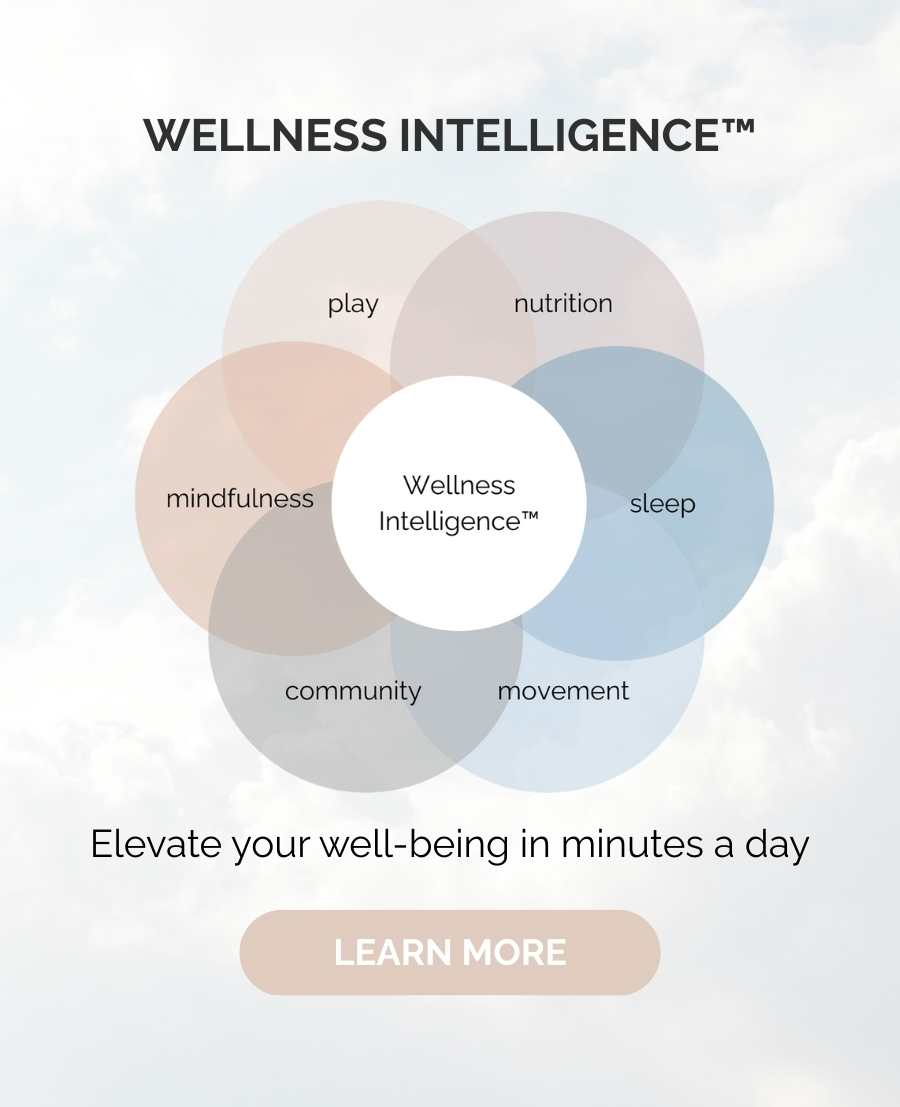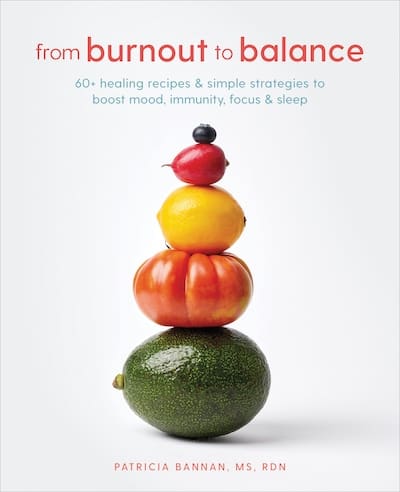In our culture stress is ever-present and inescapable. Here are ten proven ways to manage stress—without stressing over having to do it.
Stress can be a tricky thing, because it creates a host of physical and emotional symptoms (ranging from moodiness and anxiety to migraines and backaches) that you may attribute to poor health, rather than trying to do too many things at once.
The good news is stress management doesn’t mean shucking your responsibilities and running away to live on a desert island, though that may sound good to you!
Stay connected.
Supportive relationships with friends, family members, or both, can help you deal with day-to-day stressors. Everyone needs at least one good friend (preferably someone who makes you laugh) you can rely on when life gets rough. While social media sites are great because they let you stay connected with friends both near and far, there’s no substitute for getting together with a friend for a drink, or with the guys for a pickup basketball game.
Eliminate emotional vampires.
This is the exception to staying connected. Some people just sap your strength, emotional energy, and joy. They’re emotional vampires. Get rid of them when you can, or at least limit your exposure to them if you work with them (or you’re related to them).
Meditate … or not.
Meditation is an excellent way to deal with stress, but it’s not for everyone. If you’ve tried this and it didn’t work for you, don’t give up. Try yoga, which enhances the mind-body connection, or a guided meditation that will walk you through a progressive relaxation sequence. Or sit quietly in a comfortable position and think of a word like “calm” or “peace” to help quiet your mental chatter.
Get creative.
Research shows creativity produces happy brain chemistry, and you needn’t be an award-winning artist to lose yourself in an artistic pursuit. Embracing your creativity can be as simple as singing in the shower, taking photos, coloring with your child, or trying a new recipe.
Breathe easy.
Just focusing on your breathing can immediately reduce tension. As you inhale, concentrate on completely filling your lungs so your abdomen swells like a balloon. Then exhale completely, pulling your belly in toward your spine. Breathe this way for five minutes—even two—and you’ll feel a difference.
Grin and bear it.
This may sound goofy, but it works. When you’re feeling wrung out, smile and think positive thoughts. Simply forcing yourself to laugh for one minute will improve your mood. If that’s too much of a stretch, think of someone you love and focus on that feeling.
Tune in.
Music offers an immediate escape. Choose any music you enjoy and find a comfortable spot where you can relax, close your eyes, and focus. A study of open heart surgery patients showed those who listened to soothing music after the procedure had significantly higher relaxation levels than those who didn’t. If it works for them, it can work for you.
Write it down.
At the end of the day, take a few minutes to record what’s bothering you. Research shows that keeping a journal and writing about your feelings and ways to cope with difficulties can have a positive effect on your mood and help reduce stress.
Get rubbed the right way.
Massage improves your circulation, reduces pain, and relieves tension—and it feels good, too. Schedule a massage at the end of an insanely busy week, or treat yourself after accomplishing something special.
Work it out.
When your stress levels skyrocket, breaking a sweat is one of the best ways to fight back. A gentle walk may not have as powerful an effect as more intense exercise, so shoot for a twenty-minute workout where you’re breathing hard for more tension-reducing benefits.
These techniques are intended to give you ideas that may work for you, but feel free to come up with your stress-management methods as well. If curling up with a mug of tea and surrounding yourself with scented candles does the trick, so be it. If you’d rather surf YouTube for entertaining videos, that’s fine too.
The key is not what you do to relieve stress, but that you do it regularly—even when you don’t feel stressed. That will make it easier for your body to handle day-to-day tensions without wreaking havoc on your waistline, mood, and health.






